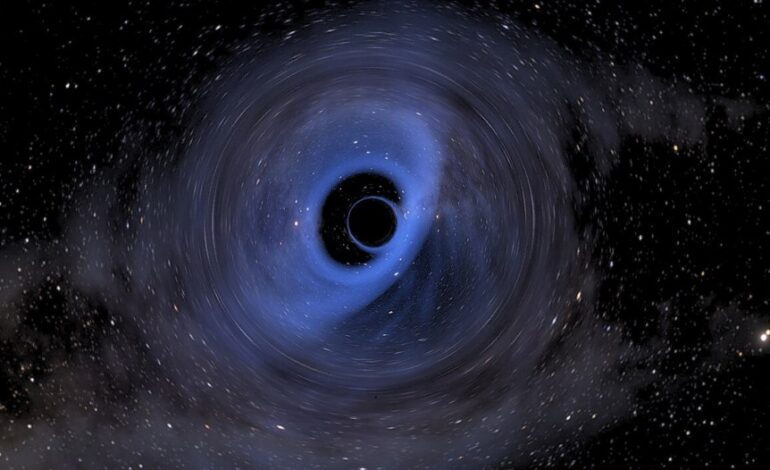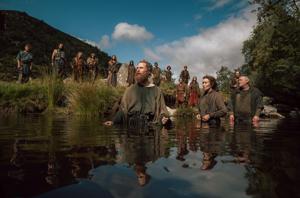Scientists Explore Theoretical Death by Primordial Black Holes

Recent research led by Robert Scherrer, a physicist at Vanderbilt University, delves into a rather unusual question: what would happen if a primordial black hole collided with the human body? Scherrer’s study, published recently, examines this hypothetical scenario, despite the fact that primordial black holes exist only in theory.
Primordial black holes are believed to have formed just moments after the Big Bang. Their theoretical mass can vary significantly, ranging from the size of a small particle to that of several suns compressed into a tiny space. Some scientists speculate that these ancient relics could account for a portion of dark matter, which constitutes approximately 85 percent of the universe’s mass, yet remains largely invisible to us.
Understanding the Impact of Primordial Black Holes
Scherrer’s interest in this subject stems from previous research on how dark matter may affect human physiology. The physicist, inspired by science fiction literature from the 1970s, shifted his focus to the potential effects of primordial black holes. His findings suggest two primary ways these black holes could inflict damage: through supersonic shock waves and tidal gravitational forces.
The supersonic shock waves would act like gravity-based projectiles, tearing through bodily tissue and creating significant damage. The passage of these waves would disrupt cellular structures, leading to severe injury. On the other hand, tidal forces would unevenly stretch cells, which could particularly affect sensitive brain cells.
The Unlikelihood of Encountering Primordial Black Holes
For those who may now be concerned about the prospect of encountering a primordial black hole, Scherrer provides some reassurance. He emphasizes that while the existence of such black holes remains uncertain, the density of those capable of causing harm—specifically, those larger than an asteroid—is extremely low. Consequently, the chances of a collision are negligible, falling somewhere between “unlikely” and “almost impossible.”
In summary, while the notion of being struck by a primordial black hole is intriguing and certainly dramatic, the scientific consensus suggests that there is little cause for concern. Scherrer’s study highlights the fascinating intersection of theoretical physics and human biology, although it ultimately underscores the improbability of such catastrophic events occurring in reality.






